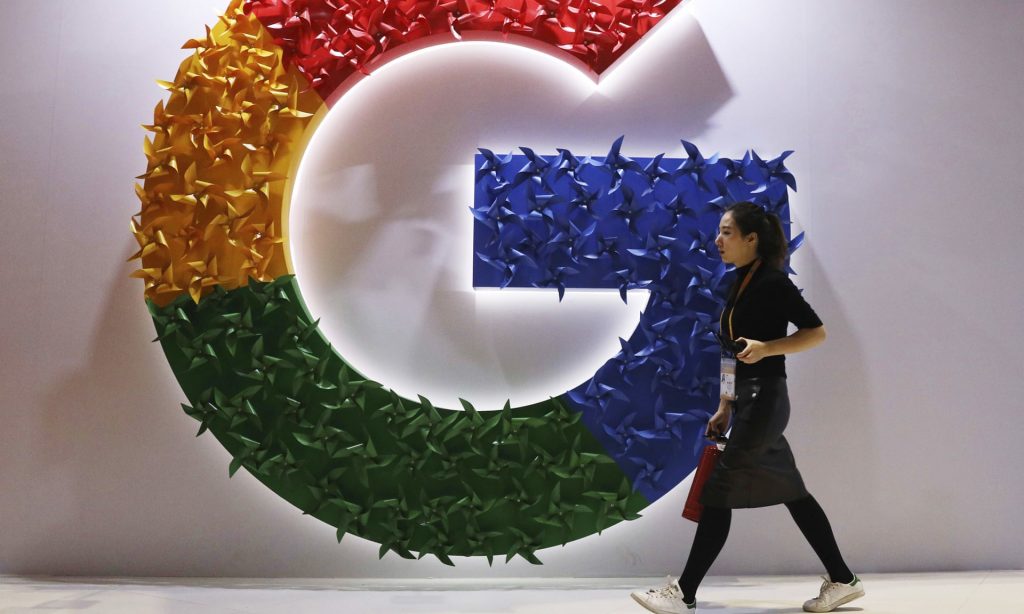
Sundar Pichai, chief executive of Alphabet, Google’s parent company, is a mild-mannered software engineer who is not good at games of verbal fisticuffs with US politicians. He received a drubbing last month during the “big tech” congressional hearing.
Pichai can, however, summon lawyers and lobbyists galore as soon as the game gets more serious, which it definitely has. The US Department of Justice (DoJ) last week launched a huge and historic antitrust case against Google, accusing the tech company of abusing its position to maintain an illegal monopoly over internet searches and search advertising.
In response, Kent Walker, Google’s chief lawyer, published an indignant blogpost that signalled how the firm will fight this. Google will claim it – and not the DoJ – is on the side of the American people and, by extension, people across the world.
“People use Google because they choose to, not because they’re forced to, or because they can’t find alternatives,” wrote Walker. “This lawsuit would do nothing to help consumers. To the contrary, it would artificially prop up lower-quality search alternatives, raise phone prices, and make it harder for people to get the search services they want to use”.
This argument has superficial appeal. Google doesn’t charge users and can’t stop them using rivals’ products. In a neat touch, Walker included instructions on how to load Microsoft’s Bing search engine on an Android phone.
As for those multibillion payments to Apple to get Google pre-loaded on iPhones and iPads – one of the DoJ’s main complaints – Walker said they are like the promotional fees a cereal brand might pay a supermarket to stock its products at eye level. Other search engines are free to negotiate space on the digital shelf or home screen, he argued, and this is how software has always been distributed.
Convinced? You shouldn’t be. There are four reasons, at least, why the DoJ is right to fight this case. First, a product that is free (or free at the point of use) can still cause harm to consumers. The process is just indirect. An overly dominant search engine can, for example, raise its prices to advertisers, who then recoup the extra expense by charging more for hotels, flights, electronic gadgets, books, insurance, and so on.
Second, Google’s cereal comparison doesn’t work. A key point about a dominant search engine is that it can gather more data to enhance the offer and thereby achieve greater competitive clout. It has a self-reinforcing aspect that doesn’t apply in the non-data world of cornflakes and Coco Pops.
Third, most users don’t change their default settings. Yes, it’s technically simple to do, but most people don’t. That is why Google is happy to pay Apple a fortune every year for default status – it can be extremely confident of a return on that investment, knowing no rival can match its spending power.
Fourth, there is the deep problem of Google’s sheer size and effective control of 80% of the search market. How could new ideas and approaches ever get a look-in?
“If we let Google continue its anti-competitive ways, we will lose the next wave of innovators and Americans may never get to benefit from the ‘next Google’,” said William Barr, the US attorney-general.
In that final respect, this case is similar to celebrated antitrust challenges of the past – Standard Oil, AT&T and Microsoft. It’s about confronting corporate power when it becomes the gatekeeper to an industry, the lawsuit’s description of Google’s position in search.
Pichai’s usual plea on that point is that “Google’s continued success is not guaranteed”. And that can be rubbished for a simple reason: it is easy to see how the gates would clang shut on any competitor that became truly threatening.
Good luck to the DoJ – this is an important 21st-century case.





























